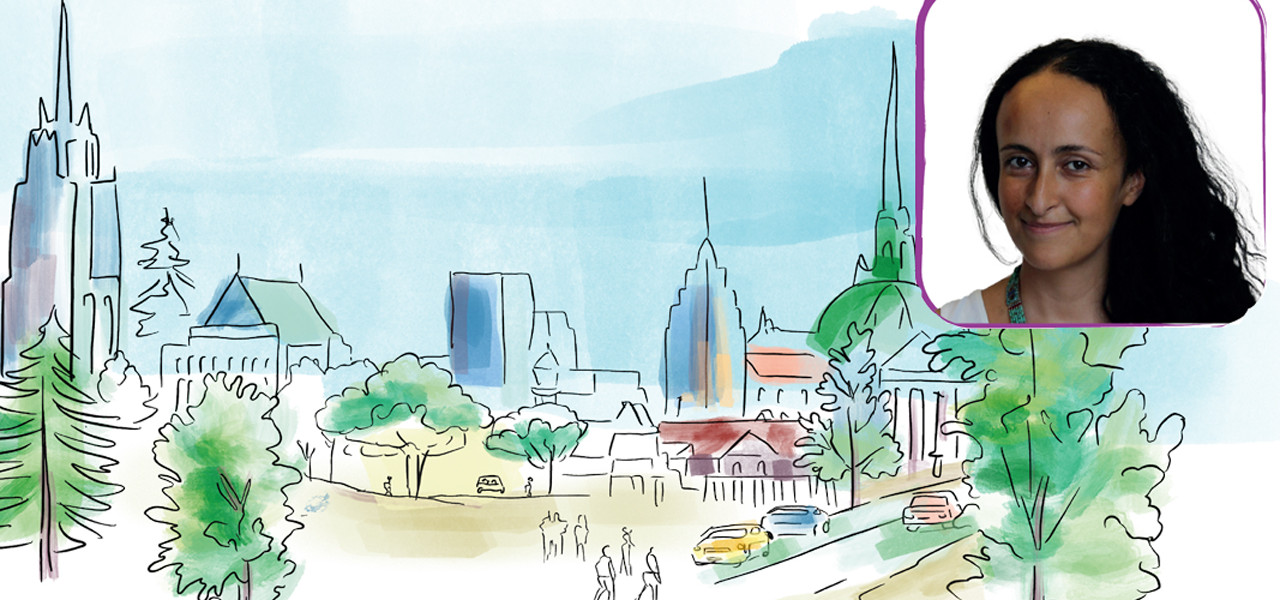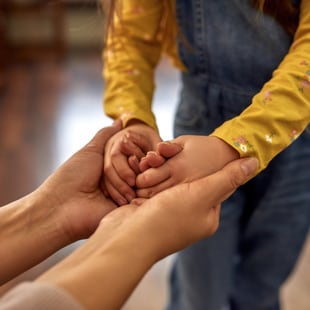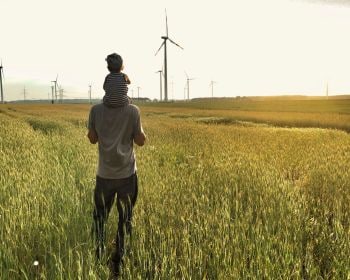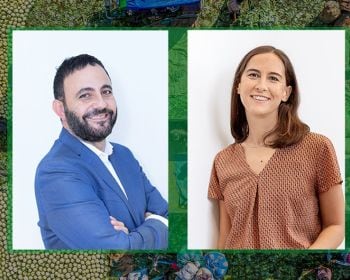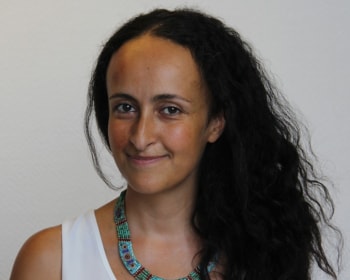What key lessons would you take away from this first impact report?
Maha Keramane: Impact companies are designed to respond to a social or environmental issue that is not or poorly addressed, and our aim is to support them as best we can. To this end, one of our first missions was to develop a tool to assess the impact of our partners' initiatives. In this very first PIBA report, based on a methodology called MESIS - for Measurement and Monitoring of Social Impact in French - we wanted above all to highlight the diversity of these initiatives.
The main lesson is that each project is unique, the needs it meets are diverse and it is not easy to account for them in a detailed and exhaustive way. Trade-offs and simplifications are therefore necessary, even if they do not reflect the full range of actions undertaken.
A second lesson: an evaluative approach can be neither perfect nor static. It must be dynamic and continuously improving.
This methodology allows us to answer 4 key questions: Is the project really an “impact” one? Who are the beneficiaries of the projects that we support? What are the goods and services offered to them? And finally, what is the social and environmental impact of their activities? We have defined 13 impact areas to classify the projects we support, the most represented ones being access to employment, climate change and access to health and preserving autonomy.
It is also an opportunity for us to take stock of our own progress and to implement in a more tangible way the three pillars of impact investing and financing, namely, intentionality, additionality and measurability. In order to better promote these principles within the Group and disseminate them more widely, it was important to undergo the exercise ourselves!
impact areas.
The most represented ones being access to employment, climate change and access to health and preserving autonomy.
Key figures for contracts and impact investments at the end of 2023
impact contracts structured
structures financed through direct and indirect investments in 25 countries
is the amount dedicated by the Group
In this report, several impact companies and associations testify to their support from the Group. Can you give us some illustrations of the actions carried out by PIBA?
M.K : Beyond the figures, that allow us to objectify and quantify impacts, it was clear that those who bring change needed to be heard. Among the impact contracts that reached maturity, it’s worth mentioning that of the Apprentis d’Auteuil foundation in France, which has developed a new method of supporting families in material hardship, with the aim of avoiding the placement of children and maintaining family cohesion, and whose model has been adopted by the public authorities in Loire-Atlantique and Gironde. In the United States, we co-built and financed the « Connecticut Family Stability Pay for Success Project » which supports families affected by addiction in order to avoid their children being placed in foster care.
As for our impact investments, we have channelled funds into Ecodair, a multi-impact structure that recycles computer hardware while employing people with disabilities or undergoing vocational integration, and to Merci Julie, an occupational therapy social enterprise that adapts and renovates homes for the elderly to prevent falls and loss of autonomy.

